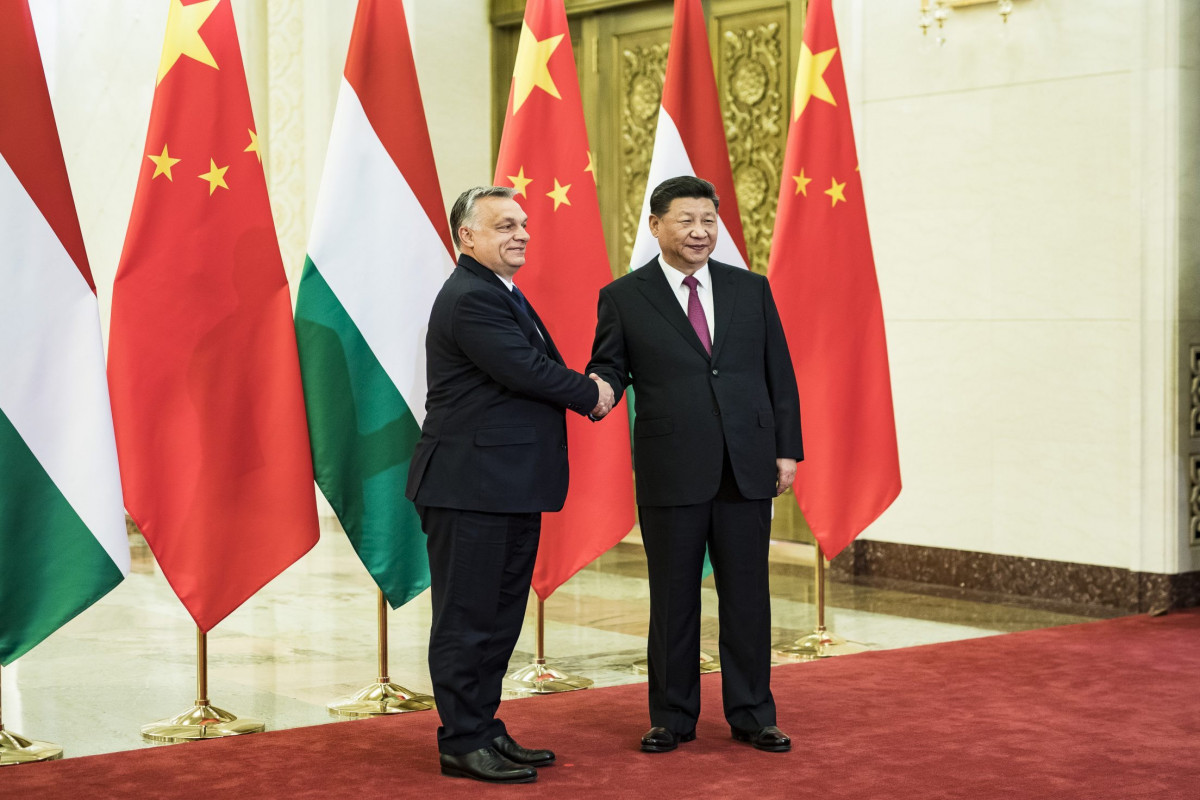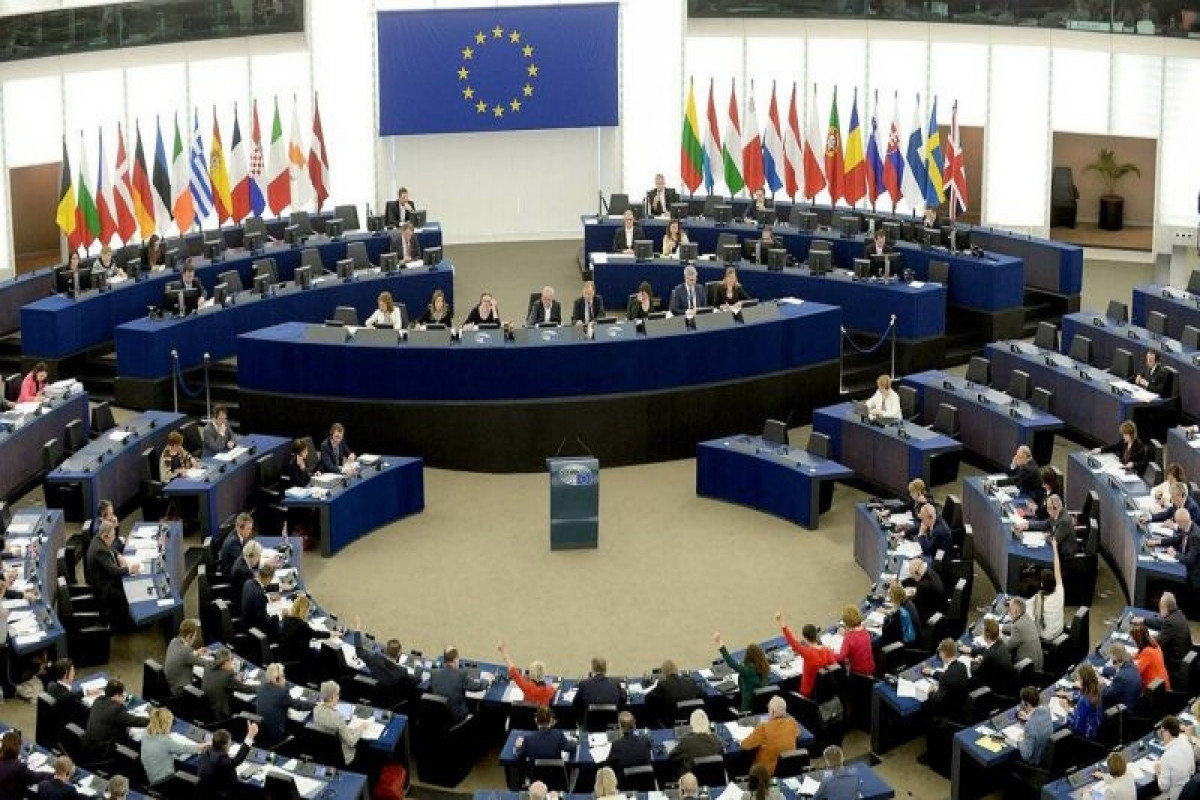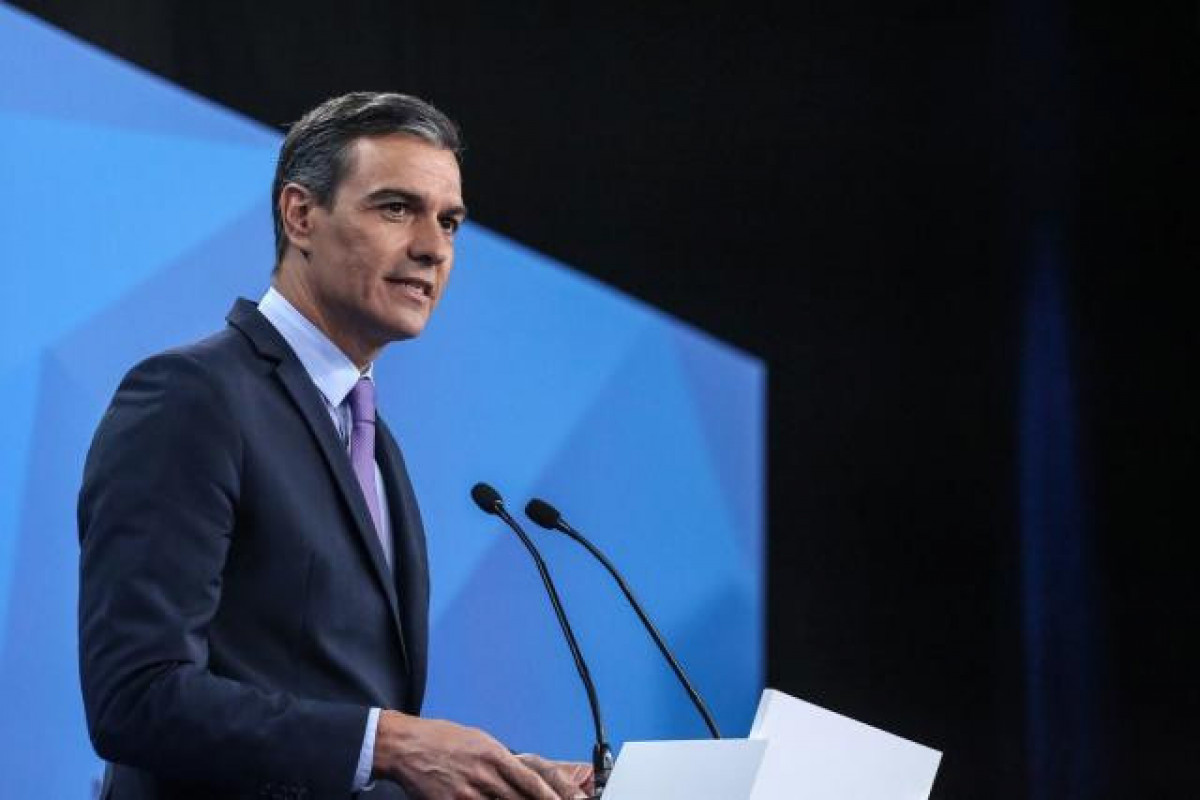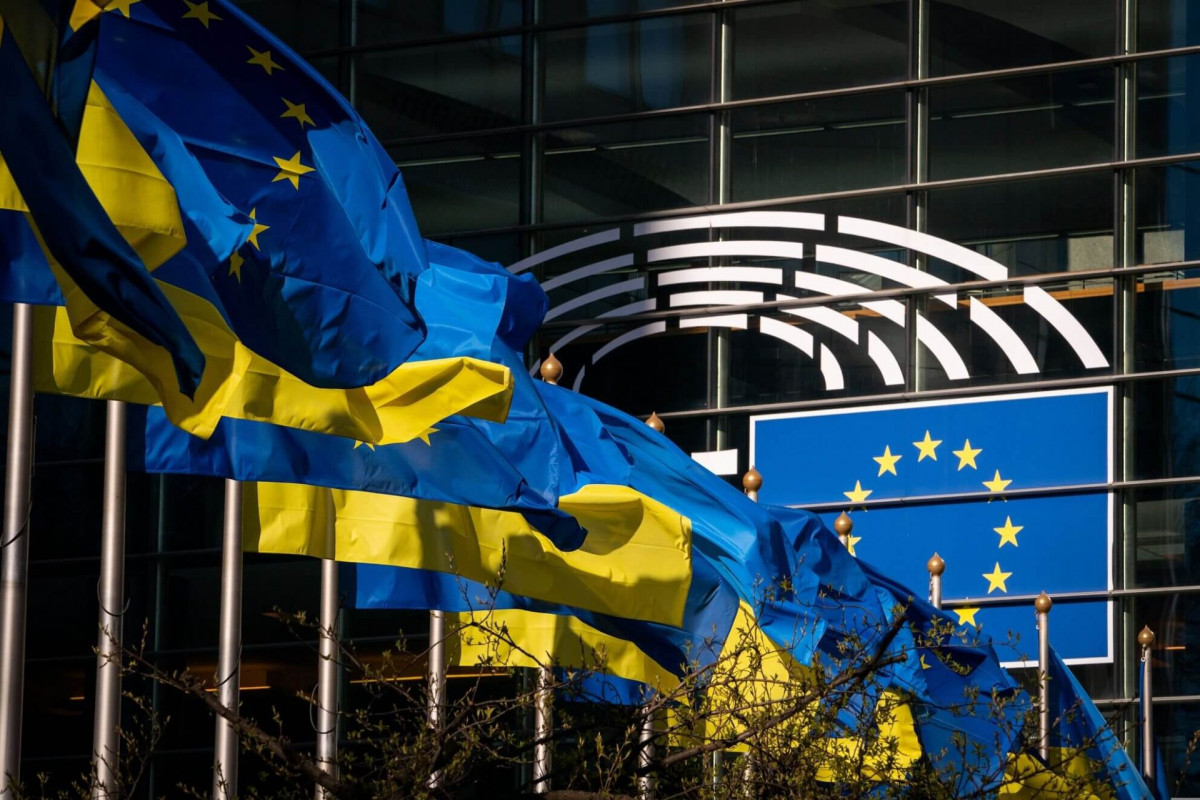Madrid will seek senate approval to take over the Catalonian government and hold early elections, the Spanish prime minister has said.
Mariano Rajoy was speaking on Saturday after a special cabinet meeting held in the wake of Catalonia’s efforts to unilaterally declare independence, the BBC reported.
He said the Spanish government did not want to invoke previously untested powers it held under article 155 of the constitution, but it had been forced to do so.
The government was not revoking Catalonia’s autonomy, Rajoy said, but the move will still be regarded as inflammatory by those in the region who want to break away from Spain.
The move, which takes the country into uncharted legal waters, was sparked by Catalonia’s banned independence referendum on 1 October. King Felipe VI said the crisis must be resolved “through legitimate democratic institutions. We do not want to give up that which we have built together.”
Autonomy is a highly sensitive issue in semi-autonomous Catalonia, which lost its powers under Spain’s military dictatorship. Home to 7.5 million people, the region fiercely defends its language and culture.
There are fears of unrest if Madrid seeks to impose direct rule of any kind, and the Catalan leader, Carles Puigdemont, has said such a move could push regional politicians to declare unilateral independence.
Rajoy said on Friday that Spain had reached a “critical point” after weeks of political limbo and that his government had to act to stop the rule of law being “liquidated”.
The prime minister is likely to announce plans to take control of Catalonia’s 16,000-strong police force, the Mossos d’Esquadra, whose leader, Josep Lluis Trapero, could face up to 15 years in jail on sedition charges for failing to contain separatist protests before the referendum.
Madrid could also seek to force new elections – its preferred solution to Spain’s most protracted political crisis since its return to democracy in 1977 – as early as January.
Rajoy is due to hold a press conference on Saturday afternoon to announce his plans, which must pass through the Senate where his conservative People’s party holds a majority. That process would take about a week.
As tensions remain high, independence supporters are expected to rally in Barcelona on Saturday night to call for the release of Jordi Cuixart and Jordi Sanchez.
The leaders of two powerful grassroots separatist groups have been in jail since Monday, pending investigation into sedition charges.
Puigdemont has said he has a mandate to declare independence after the referendum, which his administration says resulted in a 90% yes vote. Turnout for the poll, however, was given as 43%, with many Catalans who back unity having stayed away.
Accounting for about a fifth of Spain’s economic output, Catalonia is evenly split over whether to break away from Spain, according to opinion polls. Supporters say the region does too much to prop up the rest of the national economy and would thrive if it went its own way, but opponents say Catalonia is stronger as part of Spain and that a split would spell economic and political disaster.
Nearly 1,200 companies have shifted their legal headquarters to other parts of Spain since the referendum, hoping to minimise instability.






